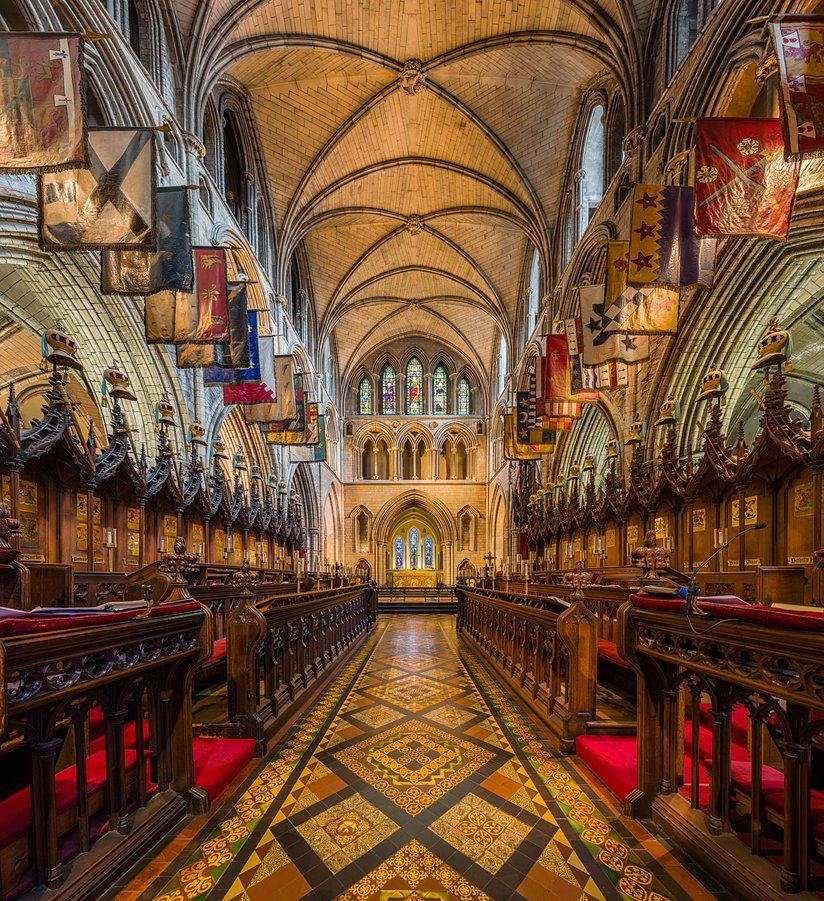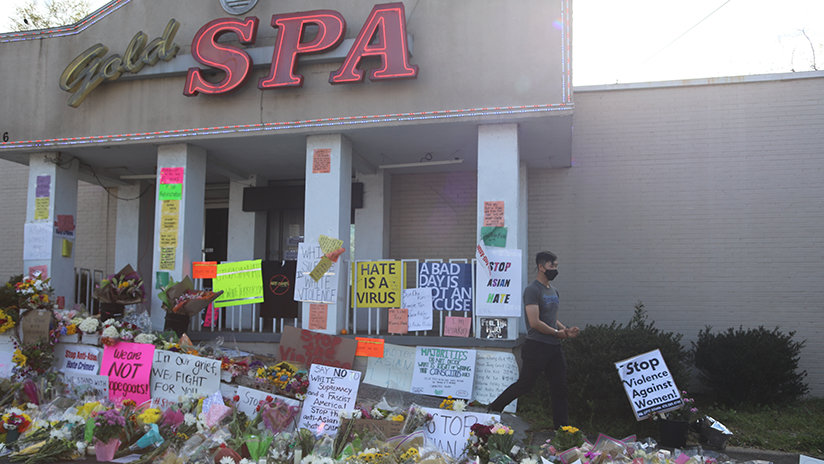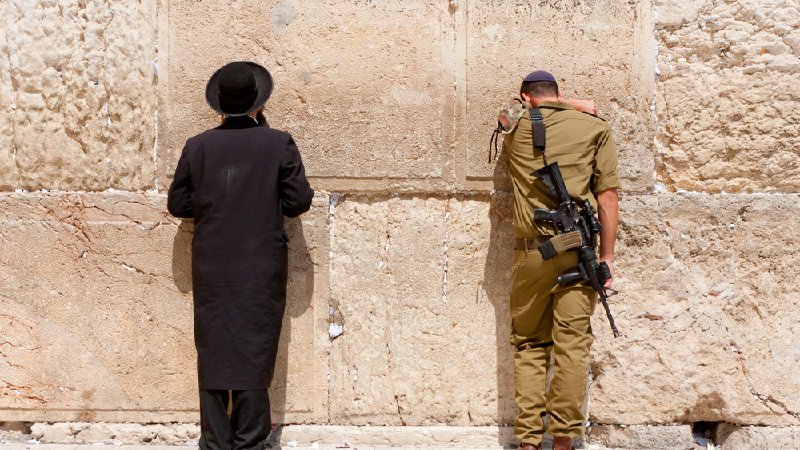
-
HOME
-
WHAT IS STANDOur Mission Our Values Our Help Contact
-
WHAT WE FIGHT FORReligious Freedom Religious Literacy Equality & Human Rights Inclusion & Respect Free Speech Responsible Journalism Corporate Accountability
-
RESOURCESExpert Studies Landmark Decisions White Papers FAQs David Miscavige Religious Freedom Resource Center Freedom of Religion & Human Rights Topic Index Priest-Penitent Privilege Islamophobia
-
HATE MONITORBiased Media Propagandists Hatemongers False Experts Hate Monitor Blog
-
NEWSROOMNews Media Watch Videos Blog
-
TAKE ACTIONCombat Hate & Discrimination Champion Freedom of Religion Demand Accountability
St. Patrick: One of the Earliest Advocates of Human Rights
St. Patrick, whose Feast Day we celebrate, is the stuff of legends. Reputed to have banished the snakes from Ireland, to have communed with the ancestral spirits of Irish warriors, and to have fasted 40 days and nights atop pyramid-peaked Mount Cruachán Aigle, the myth has more often than not outpaced the man. The Patron Saint of Ireland, however, has left behind enough of his writings and correspondence from his ministry in the 5th century to reveal that he was, among his many accomplishments, a fiery advocate for human rights, possibly the first such individual in history.

Born in Britain and captured by Irish pirates as a youth, Patrick was sold into slavery and suffered in bondage for six years before his escape. Patrick thus had firsthand knowledge of what it was like to be treated as owned property rather than as a human being. Over the protests of family and friends, he returned to Ireland, determined to reform the island and rid it of the bane of slavery.
“Remember, Christ died and was crucified for these people.”
To those in the 5th century, a man preaching against slavery would have sounded like a madman railing against the dangers of invisible cosmic rays would today. Even the Bible advises: “Servants, be obedient to them that are your masters according to the flesh, with fear and trembling, in singleness of your heart, as unto Christ” (Ephesians 6:5).
Yet Patrick persisted in his quest. A sampling of his writings that have survived across the centuries show a man inveighing against human servitude, assailing the mistreatment of women, and proclaiming the sanctity of equal rights for all. In his Letter to the Soldiers of Coroticus, Patrick rails against “the tyrant Coroticus—a man who has no respect for God or his priests.” In another correspondence, he demands, “They must also free Christian women and captives,” adding, “Remember, Christ died and was crucified for these people.”
St. Patrick took the Savior’s teachings of love and mercy, hardened them in the crucible of his own passion for justice, and wrought them into the powerful advocates for equality and human rights that they are now.
With all his other achievements for Ireland and the world, let us not forget that St. Patrick first lit the spark that kindled the recognition of all God’s children as deserving of dignity and rights.









